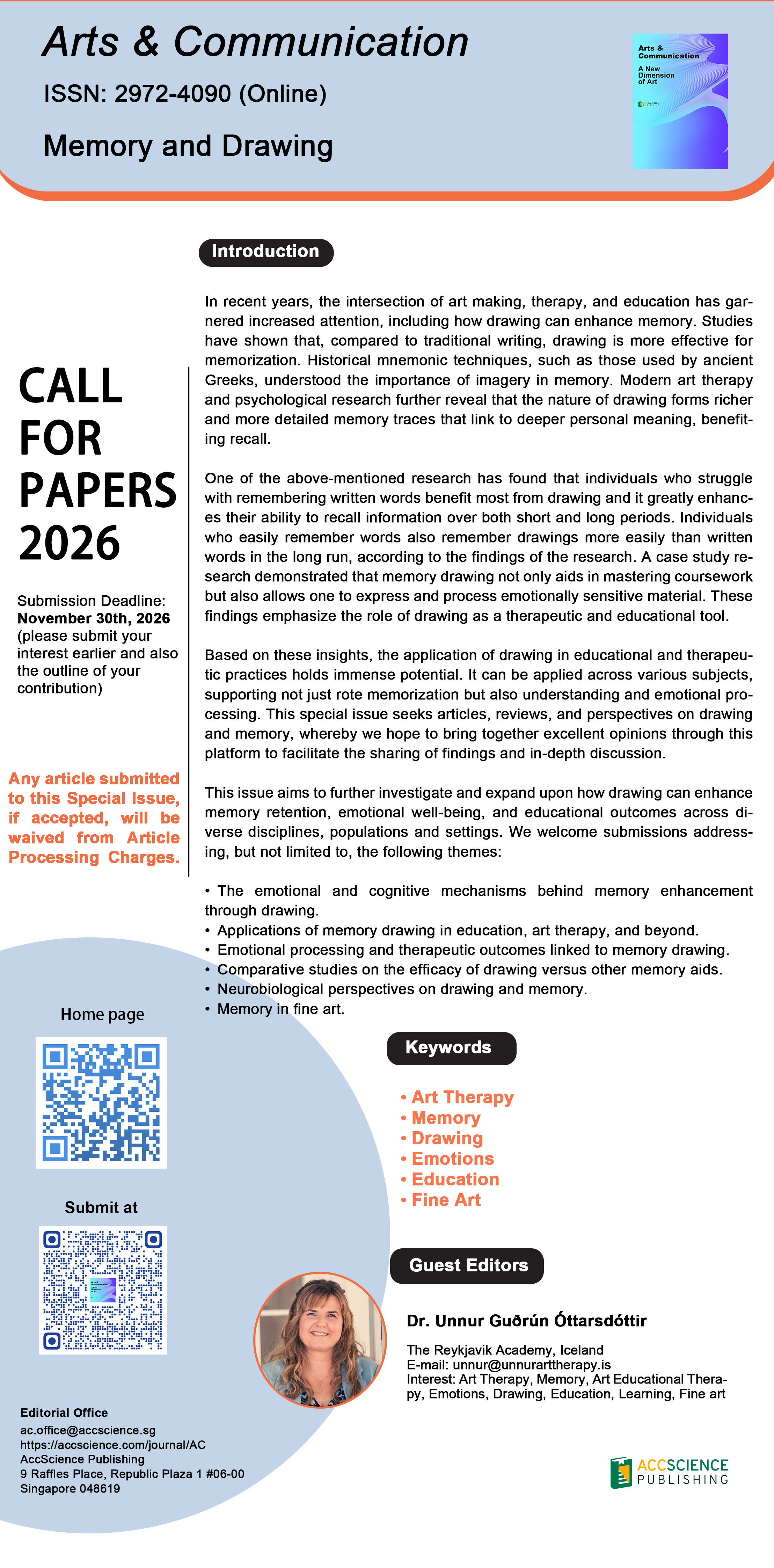
In recent years, the intersection of art making, therapy, and education has garnered increased attention, including how drawing can enhance memory. Studies have shown that, compared to traditional writing, drawing is more effective for memorization. Historical mnemonic techniques, such as those used by ancient Greeks, understood the importance of imagery in memory. Modern art therapy and psychological research further reveal that the nature of drawing forms richer and more detailed memory traces that link to deeper personal meaning, benefiting recall.
One of the above-mentioned research has found that individuals who struggle with remembering written words benefit most from drawing and it greatly enhances their ability to recall information over both short and long periods. Individuals who easily remember words also remember drawings more easily than written words in the long run, according to the findings of the research. A case study research demonstrated that memory drawing not only aids in mastering coursework but also allows one to express and process emotionally sensitive material. These findings emphasize the role of drawing as a therapeutic and educational tool.
Based on these insights, the application of drawing in educational and therapeutic practices holds immense potential. It can be applied across various subjects, supporting not just rote memorization but also understanding and emotional processing. This special issue seeks articles, reviews, and perspectives on drawing and memory, whereby we hope to bring together excellent opinions through this platform to facilitate the sharing of findings and in-depth discussion.
This issue aims to further investigate and expand upon how drawing can enhance memory retention, emotional well-being, and educational outcomes across diverse disciplines, populations and settings. We welcome submissions addressing, but not limited to, the following themes:
- The emotional and cognitive mechanisms behind memory enhancement through drawing.
- Applications of memory drawing in education, art therapy, and beyond.
- Emotional processing and therapeutic outcomes linked to memory drawing.
- Comparative studies on the efficacy of drawing versus other memory aids.
- Neurobiological perspectives on drawing and memory.
- Memory in fine art.


